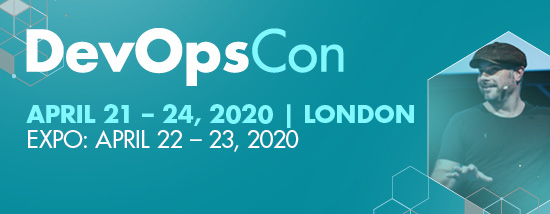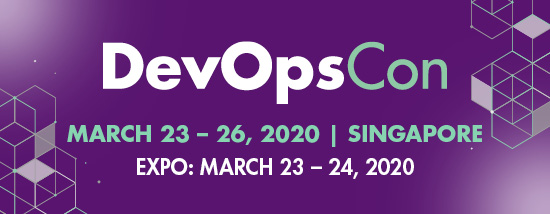It’s been almost 10 years since August 13, 2010, the fateful day when Oracle sued Google for copyright and patent infringement. The question of whether or not APIs are subject to copyright law has slowly but inexorably made its way up to the US Supreme Court. If you want to catch up a bit or get some more context, we wrote about this last year.
The amicus brief
Yesterday, IBM and Red Hat submitted an amicus brief (or “friend of the court” brief) in which they set out the reasons why they feel the decision made by the United States Court of Appeals for the Federal Circuit should be overturned. In a blog post pulling no punches, Red Hat wrote:
“The lower court incorrectly extended copyright protection to software interfaces. If left uncorrected, the lower court rulings could harm software compatibility and interoperability and have a chilling effect on the innovation represented by the open source community.
Red Hat makes it clear that the implications of finding APIs and other aspects of programming subject to copyright could be significant, even disastrous for programming communities and collaboration industry-wide. The amicus brief puts forward some very strong arguments; it opens with the following:
Computer interfaces are not copyrightable. That simple, yet powerful principle has been a cornerstone of technological and economic growth for over sixty years. When published (as has been common industry practice for over three decades) or lawfully reverse engineered, they have spurred innovation through competition, increased productivity and economic efficiency, and connected the world in a way that has benefited commercial enterprises and consumers alike.
Why is IBM’s name in there?
The brief was submitted alongside IBM, who officially acquired Red Hat in July 2019. At the time they wrote on their blog that “IBM and Red Hat also share a strong commitment to social responsibility and a sense of purpose for applying technology and expertise to help address some of the world’s most significant societal challenges.” They almost certainly had STEM development and education at the forefront of their minds, but they clearly intend to stand by their word.
Throughout the brief they argue through different ways in which they feel the interpretation of existing copyright law was misinterpreted or incorrectly applied, stating time and time again that both Red Hat and IBM have a lot of experience and a strong interest in the outcome of the case.
And if the decision is upheld?
Upholding the decision would have some wide-reaching consequences, as finding certain programming aspects subject to copyright law could kill many open source stone dead in an instant. Red Hat themselves are heavily invested in the OpenJDK, not to mention having created a whole suite of enterprise tools to use with the Java platform. At worst, all of this could be found to be infringing on Oracle’s Java-related copyrights. The fallout of such a scenario could be very messy indeed.
SEE ALSO: Java retrospective – best tools, frameworks and features of 2019
This is why in their closing arguments, IBM and Red Hat make one final appeal against the current ruling:
IBM and Red Hat fully support copyright protection for computer programs. IBM and Red Hat rely on copyright protection in their own businesses. But it is one thing for copyright to protect portions of computer programs that implement algorithms for performing computational tasks, and quite another for copyright to protect terminology or nomenclature for denoting entities in accordance with a formal system of notation. In purporting to extend copyright protection to the latter, the decision below contravenes more than sixty years of settled expectations in the software industry and calls into question a fundamental aspect of software innovation and development.
[…]
The Federal Circuit’s unduly narrow construction of 17 U.S.C. § 102(b) is harmful to progress, competition, and innovation in the field of software development.
You can read the full Red Hat and IBM amicus brief here.
They’re not alone
It’s not just Red Hat and IBM who are adding their voices to this appeal. Yesterday, the Electronic Frontier Foundation (EFF) also submitted an amicus brief in support of Google, adding their two cents on the decision as well.
And what about Oracle?
As for Oracle, there doesn’t seem to be much to say right now. When Google appealed to the Supreme Court early in 2019, Oracle’s General Counsel Dorian Daley said, “Google’s true concern [is] that it be allowed the unfettered ability to copy the original and valuable work of others as a matter of its own convenience and for substantial financial gain.”
SEE ALSO: Java 14 Update News
The Oracle General Counsel also said, “since the initial decision of the Federal Circuit (and agreement of the Solicitor General’s Office) that the Oracle Java code copied by Google was copyright protected, the pace of innovation has only accelerated, spurring job creation and opportunity. Indeed, the sky is not falling on the software industry or technology industry in general.”
The US Supreme Court is expected to hear the Google v. Oracle case in March this year. We could see results as early as June, but in the meantime this 10 year saga goes on.
The post Red Hat & IBM stand by Google in Supreme Court case against Oracle appeared first on JAXenter.
Source : JAXenter





















